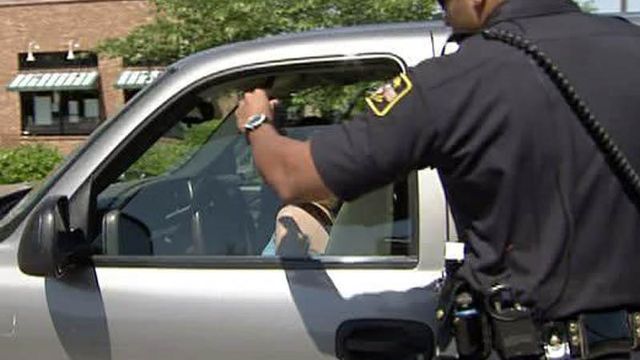Police: Vehicle search ruling will handcuff investigations
Area law enforcement officials are criticizing a recent U.S. Supreme Court ruling that redefines when vehicles can be searched.
Posted — UpdatedThe case stemmed from a traffic stop in Arizona in which Rodney Gant was pulled over for driving with a suspended license. While he was handcuffed an sitting in the back of a police cruiser, officers searched his car and found some drugs.
He argued that the search was illegal, and the Supreme Court agreed. The court ruled that, when officers don't have a search warrant, they must have an owner's consent for a general search of a vehicle. Otherwise, they must limit the search to evidence linked to the reason for the traffic stop or must prove the search was necessary to prevent a suspect from grabbing a weapon or destroying evidence of a crime.
The decision changes a 28-year-old rule that had authorized law enforcement officers to conduct warrant-less vehicle searches during traffic stops.
"It changes the way the police department has to operate. It does give more rights to the drivers of the vehicles," said Sgt. Chris Clayton of the Garner Police Department. "If they give consent, then we'll search the car based on that consent."
Durham Police Chief Jose Lopez said he disagrees with the ruling, noting that vehicle searches often turn up guns, drugs or other contraband.
"Most individuals who are arrested have evidence of other crimes they've committed in their cars. That's all going to be lost," Lopez said. "This means ... that I have to retrain my officers."
Officers said they wouldn't let the ruling keep them from doing their jobs.
"It's another rule," said Officer Pete Moore of the Garner Police Department. "We're not trying to stomp on people's rights. We're just trying to do our job."
• Credits
Copyright 2024 by Capitol Broadcasting Company. All rights reserved. This material may not be published, broadcast, rewritten or redistributed.





